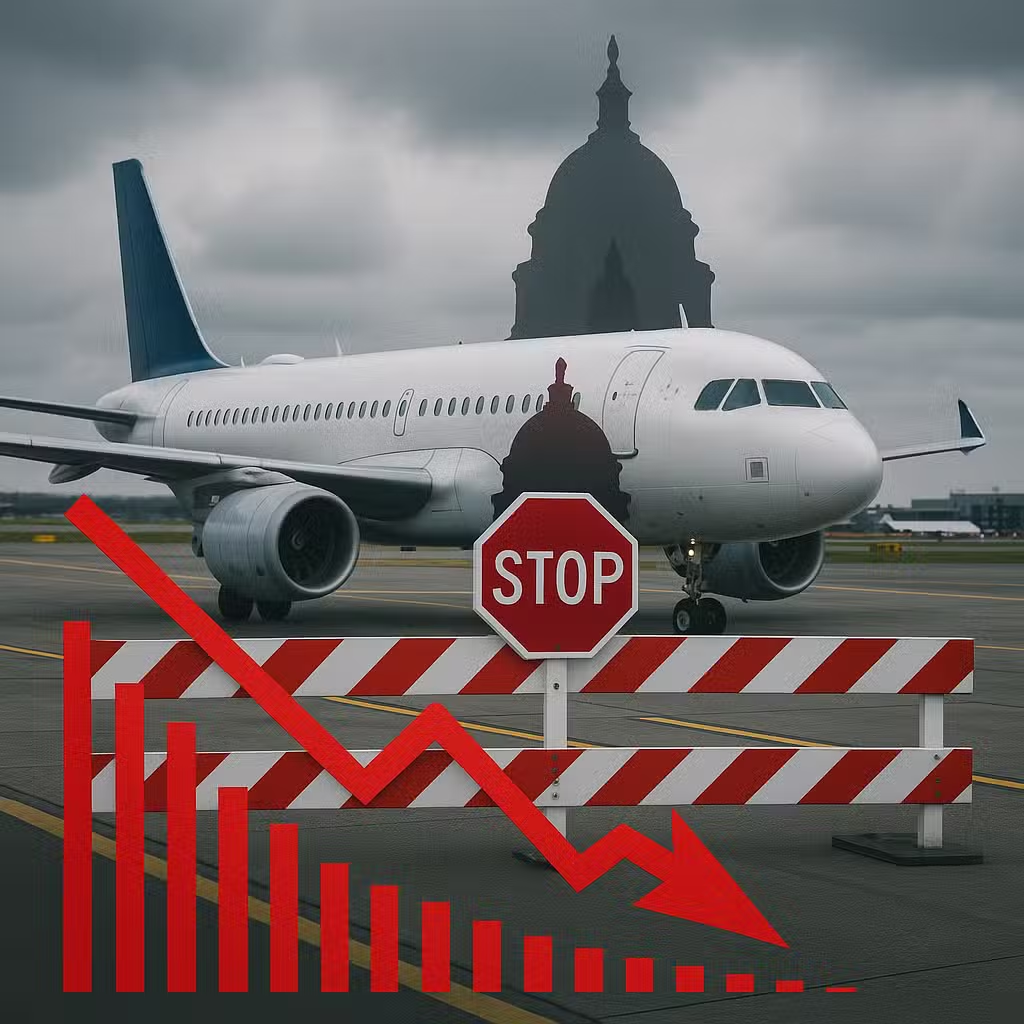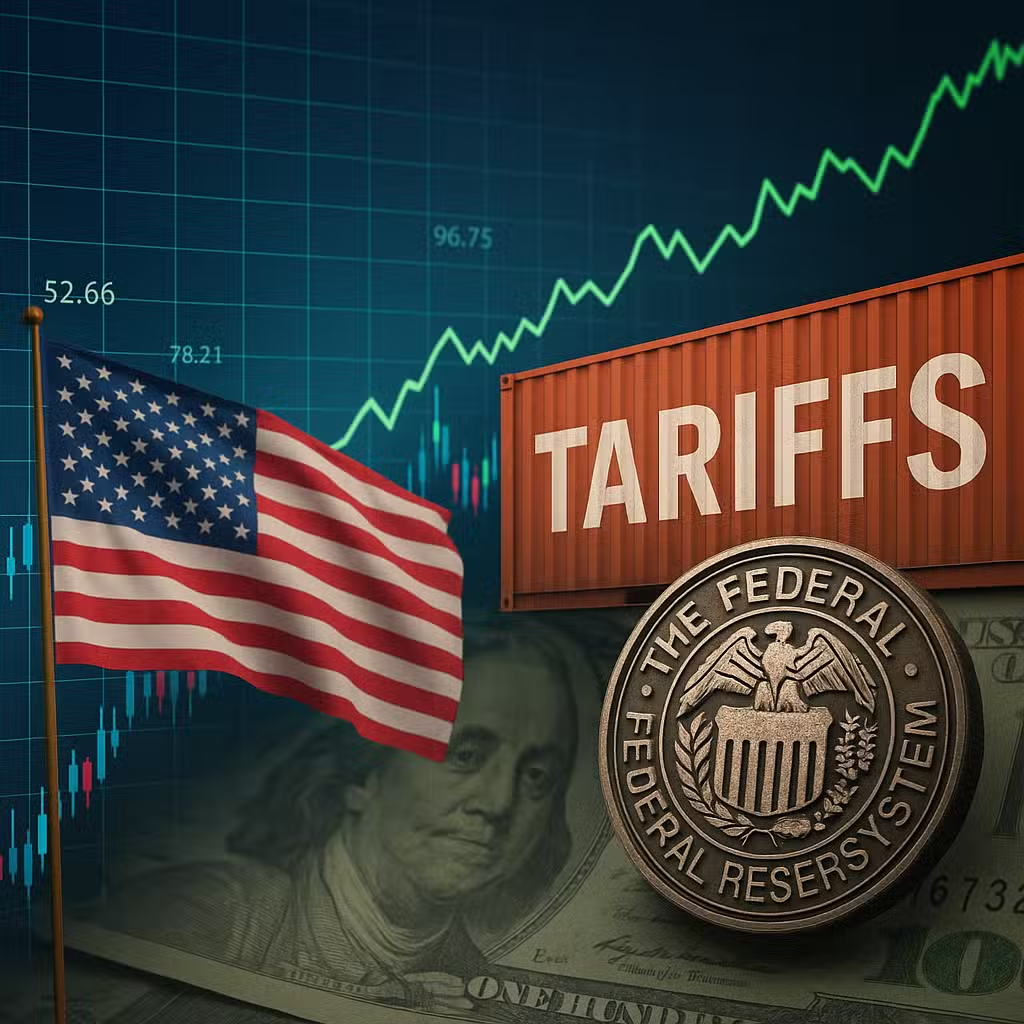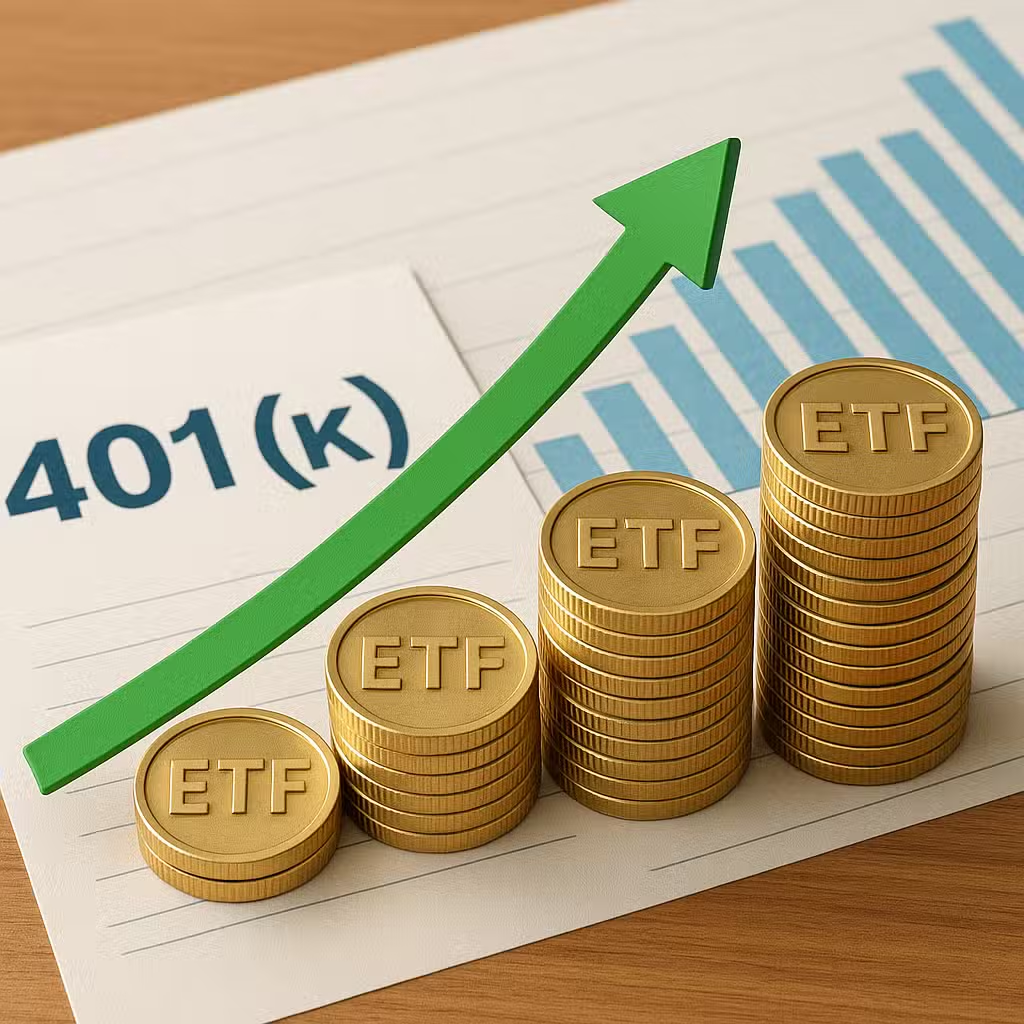Government Shutdown Disrupts Air Travel, Raising Risks and Costs for Airline Investors
Imagine planning a big family road trip, only to find out the main bridge is closed and traffic controllers are missing—you’d have a huge mess on your hands. That’s what’s happening right now in the airline industry, and it’s causing big problems for travelers and investors alike.
What’s Going On?
Air travel across the U.S. is facing big delays and cancellations because there aren’t enough air traffic controllers on the job. This shortage is made worse by the country’s longest-ever government shutdown. President Trump has even threatened to cut pay for controllers who miss work, while also promising bonuses to those who stick it out.
On Monday, more than 1,600 flights were canceled—about 6% of all scheduled U.S. flights that day. Even though some flights left on time, the situation is still rough for passengers and airlines. Over the weekend, almost 4,600 flights were canceled and nearly 18,600 were delayed, according to FlightAware.
Why This Matters for Investors
This isn’t just a travel headache—it’s a big deal for anyone with money in airline stocks or related sectors. Flight delays and cancellations cost airlines millions, hit customer satisfaction, and can shake up the whole travel industry. For example, after the 2019 U.S. government shutdown, airlines lost nearly $185 million, according to the U.S. Chamber of Commerce.
Bull Case: The Upside
- Quick Recovery Possible: If the shutdown ends soon, airlines could bounce back, and pent-up travel demand might lead to a surge in ticket sales.
- Alternative Travel Gains: Car rental companies like Hertz are seeing more business as travelers look for other ways to get around.
- Employee Incentives: Airlines are offering extra pay to flight attendants and pilots to help keep flights moving, which might soften the blow.
- Long-Term Demand: Air travel demand usually recovers after big disruptions, as seen after past government shutdowns and even after the pandemic.
Bear Case: The Downside
- Ongoing Uncertainty: If the government shutdown drags on, cancellations and delays could get worse, hurting airline profits even more.
- Labor Strain: Air traffic controllers are missing paychecks and facing stress, which could lead to more absences and safety risks.
- Slow Return to Normal: Even after the shutdown ends, it could take weeks for flight schedules and staffing to get back on track.
- Reputation Damage: Unhappy travelers may think twice before booking with airlines hit hardest by these problems.
How Other Sectors Are Affected
It’s not just airlines feeling the pain. Rental car companies like Hertz are getting a boost as people look for other travel options. Private jet companies are also seeing more demand, though the government is starting to limit some of those flights too. This ripple effect shows how connected the travel industry is to government actions and labor issues.
Historical Perspective
This isn’t the first time government shutdowns have caused chaos. In 2019, a 35-day shutdown led to similar flight delays and cost the U.S. economy about $11 billion, according to the Congressional Budget Office. Past disruptions show that while the industry usually recovers, the short-term pain can be significant.
Investor Takeaway
- Watch Airline Stocks: Expect volatility in the short term. Consider waiting for signs of a government deal before making big moves.
- Look Beyond Airlines: Check out sectors like car rentals or private aviation, which might benefit from ongoing flight issues.
- Stay Diversified: Don’t put all your eggs in one basket—travel-related stocks can swing wildly with news headlines.
- Follow Policy News: Keep an eye on government negotiations. A shutdown ending could spark a quick rebound in travel stocks.
- Focus on Quality: Airlines with strong balance sheets and good customer service track records may weather the storm better than others.
For the full original report, see CNBC







